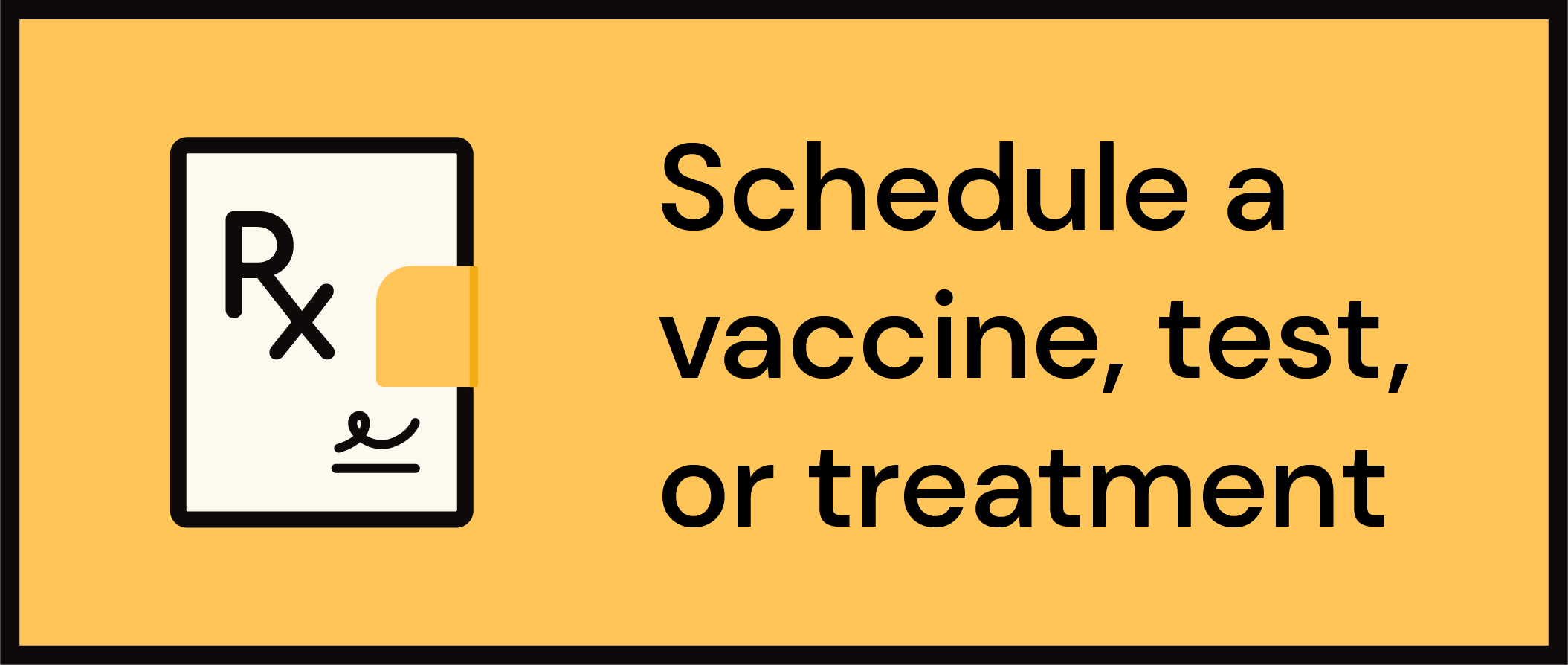Get Healthy!

- Amy Norton
- Posted September 1, 2022
Could Your Blood Type Raise Your Odds for Stroke?
The risk of suffering a stroke at an early age may depend partly on a person's blood type, a large study suggests.
When it comes to the risk of ischemic stroke -- the kind caused by a blood clot -- studies have hinted that blood type plays a role. People with type O blood generally have a somewhat lower risk than those with types A, B or AB.
Now the new study suggests that blood type is more strongly tied to the risk of ischemic stroke at a younger age (before age 60) compared to later in life. And type A blood, specifically, stood out as a risk factor.
The researchers stressed that blood type is not a strong influence: On average, they found, people with type A blood had a 16% higher risk of having a stroke before age 60, versus people with other blood types. Meanwhile, type O blood was tied to a 12% decrease in the risk.
"People with blood type A should not be worried," said researcher Braxton Mitchell, a professor at the University of Maryland School of Medicine, in Baltimore.
Many things affect a person's stroke risk, he said, including factors that, unlike blood type, can be changed.
People can avoid smoking, get regular exercise, eat a healthy diet, and gain control over high blood pressure, diabetes and other health conditions that raise stroke risk, he advised.
Why would blood type make a difference in stroke risk? Ischemic strokes -- which account for most strokes -- occur when a clot blocks blood flow to the brain. And it's known that non-O blood types have higher levels of certain proteins, called von Willebrand factor (VWF) and factor VIII, that contribute to clot formation.
Mitchell said the new findings suggest that a propensity toward blood-clotting may play a larger role in younger people's strokes compared to those later in life.
Some other findings from the study support that idea: Blood type A was also linked to a heightened risk of venous thromboembolism -- where clots form in the veins. And again, blood type made a bigger difference for people younger than 60, versus older adults.
Type O is the most common blood group. According to the American Red Cross, about 45% of white Americans have type O blood, while the rate is higher among Black and Hispanic Americans -- at 51% and 57%, respectively. Type A is the second-most common blood group.
The new findings -- published online Aug. 31 in the journal Neurology -- come from 48 studies across the globe. They included roughly 17,000 people who had suffered an ischemic stroke before age 60, along with a group who suffered a stroke at an older age and a comparison group of healthy individuals.
Looking at the participants' genetic profiles, the researchers searched for gene variants that were linked to the risk of early stroke. The only strong hit they turned up was a chromosome region that includes the ABO gene, which determines blood type.
People with type O blood had a decreased risk of stroke, with the link being stronger for early-onset than later: a 12% lower risk of early stroke, but only a 4% lower risk of stroke at age 60 or older.
Similarly, people with type A blood had a 16% higher risk of stroke before age 60, but only a 5% increase in risk at older ages.
Dr. Bharti Manwani is a vascular neurologist with McGovern Medical School at UTHealth Houston and a volunteer with the American Heart Association (AHA).
She called the study "very interesting," and agreed it suggests that a propensity toward blood-clotting may play a more important role in stroke at a younger age.
But, Manwani stressed, the findings do not mean that type A blood will "doom you."
Regardless of blood type, she said, people should focus on the stroke risk factors they can control.
But, both she and Mitchell said, it's possible that people with type A blood could be more vulnerable to the effects of other factors that can promote blood clots, like oral contraceptives or smoking.
Mitchell and his colleagues found evidence of that in a preliminary study presented in March of last year at an American Stroke Association meeting: Women who used birth control pills and smoked were at increased risk of suffering a stroke before age 50, versus women who neither smoked nor used the Pill. And that risk was further increased when they had a non-O blood type.
Strokes are not common among young people, but they do happen. Of the nearly 800,000 Americans who suffer a stroke each year, 10% to 15% are adults aged 45 or younger, according to the AHA.
And over the past few decades, the group says, the stroke rate among Americans under 50 has been rising -- possibly because conditions like high blood pressure and diabetes have become more common among younger people.
More information
The American Heart Association has more on stroke risk factors.
SOURCES: Braxton Mitchell, PhD, MPH, professor, medicine, epidemiology and public health, University of Maryland School of Medicine, Baltimore; Bharti Manwani, MD, PhD, vascular neurologist, assistant professor, McGovern Medical School at UTHealth Houston; Neurology, Aug. 31, 2022, online








